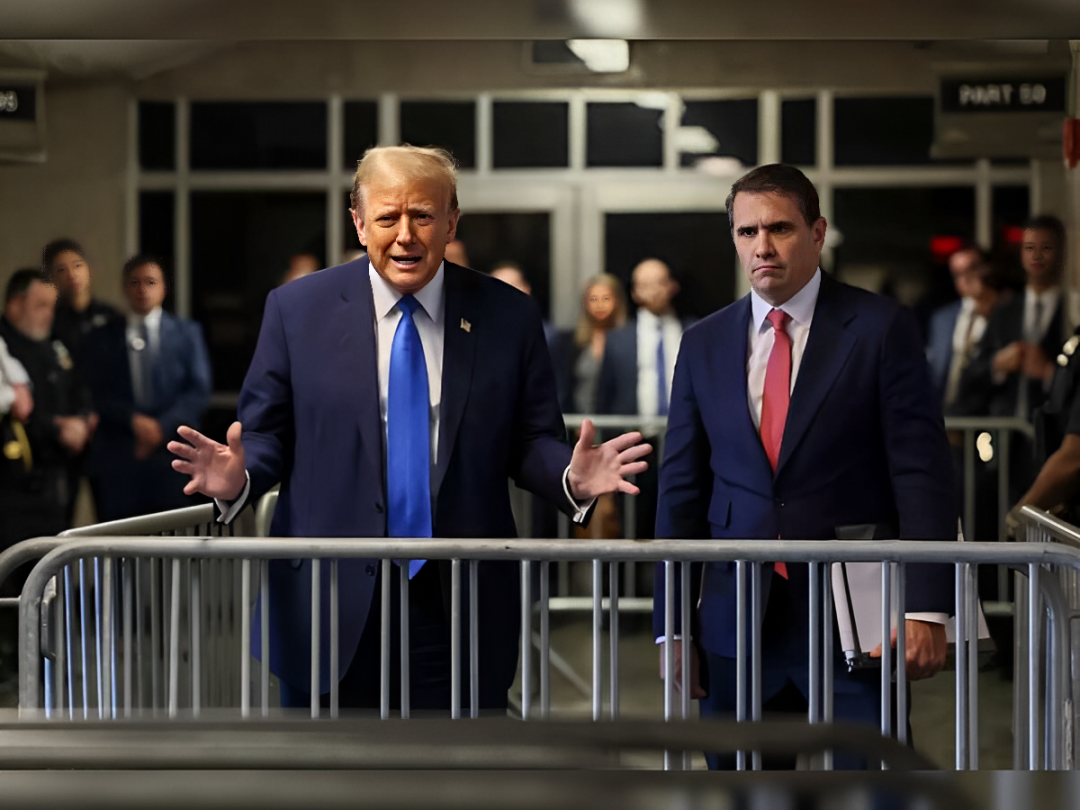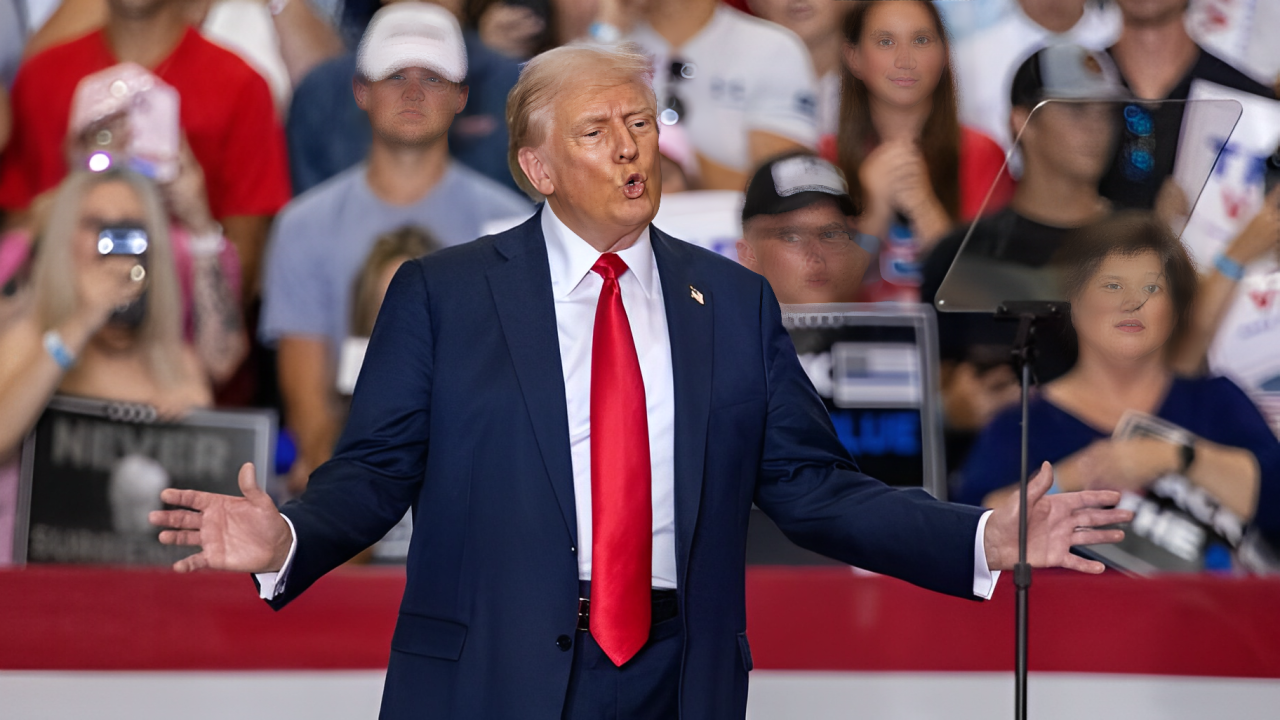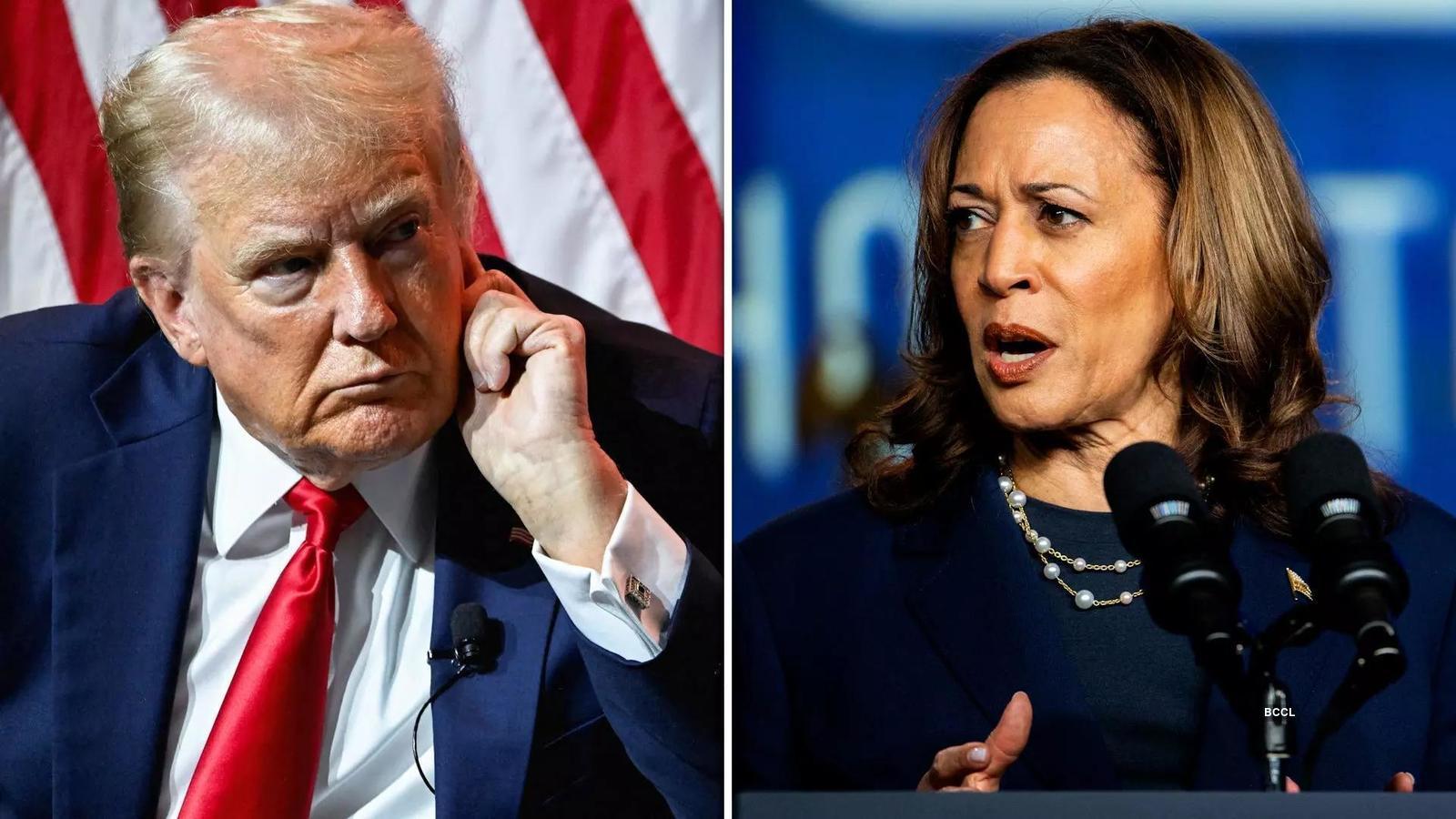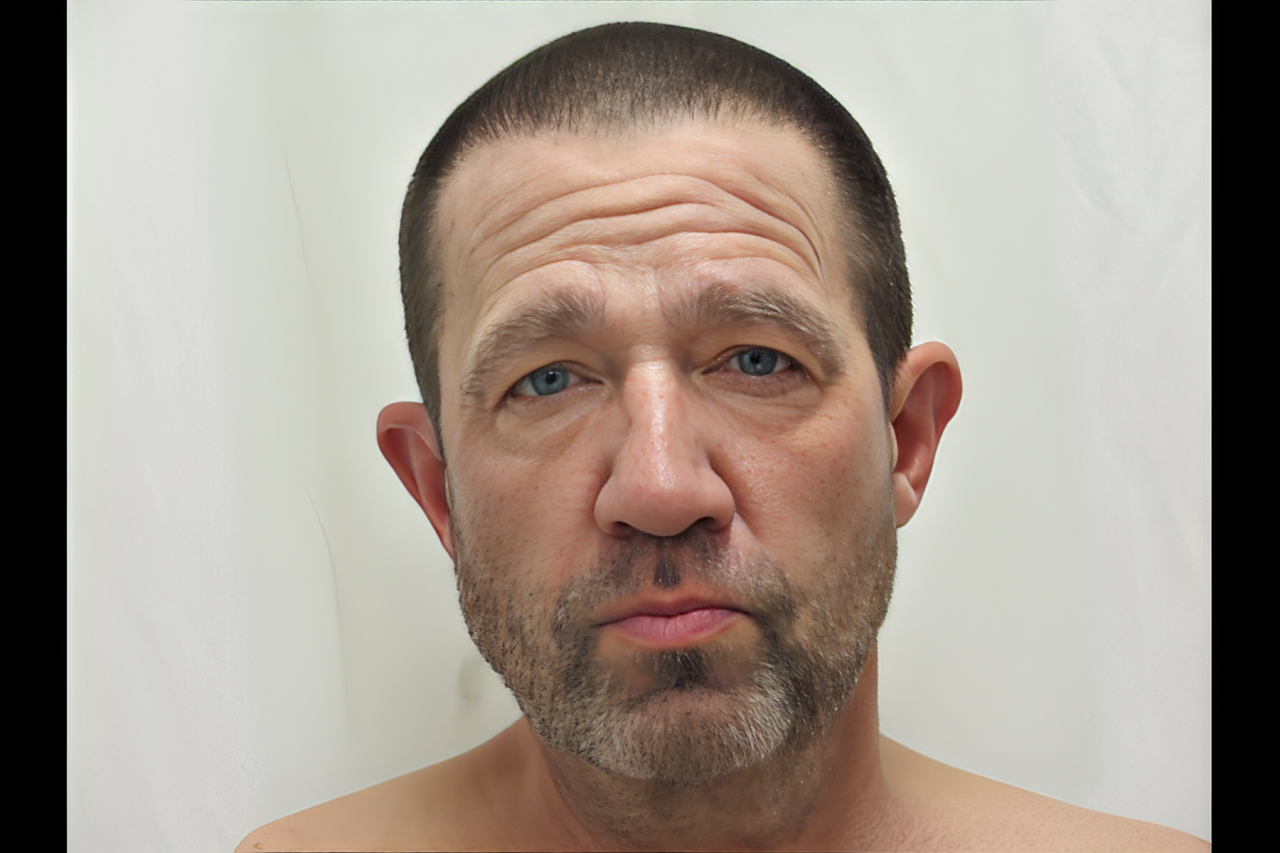Prosecutors are fighting to keep former President Donald Trump’s hush money conviction intact, arguing that the recent Supreme Court ruling on presidential immunity should not affect the verdict. Their argument came in a court filing released on Thursday, which emphasizes that the conviction should remain valid despite the Supreme Court’s recent decision.
The Manhattan District Attorney’s office has stated that the Supreme Court’s opinion on presidential immunity does not influence this case. According to the prosecutors, the case revolves around Trump’s actions rather than his official duties as president. They argue that the jury’s verdict, reached on May 30, was based on substantial evidence and should not be overturned.
Trump’s defense team is seeking to overturn both the verdict and the indictment, citing the Supreme Court’s decision on July 1. This decision limits the prosecution of former presidents for their official acts and prevents prosecutors from using official actions as evidence of wrongdoing in unofficial contexts.
Trump’s lawyers argue that the trial should have waited for the Supreme Court’s ruling on presidential immunity and claim that the high court’s opinion unfairly influenced evidence admitted during the trial. They are particularly concerned about testimony from Trump’s former White House staff and certain tweets from 2018 that were allowed in court.
Prosecutors respond that the Supreme Court ruling is not relevant to the evidence used in Trump’s trial. They maintain that the evidence presented was substantial and included more than just a small portion of the trial’s documentation. The prosecutors assert that the jury had plenty of valid information to make its decision.
In a letter sent to Judge Juan M. Merchan, Trump’s lawyer, Todd Blanche, criticized the prosecution’s filing, alleging it contains legal and factual inaccuracies. Blanche has requested permission to submit a detailed 30-page response next week.
The Supreme Court ruling came a month after Trump was convicted of falsifying business records to hide a payment made to adult film actress Stormy Daniels before the 2016 election. Daniels had been considering going public with her claim of a sexual encounter with Trump from a decade earlier. Trump denies the encounter and claims the case is politically motivated, pointing out that Manhattan District Attorney Alvin Bragg is a Democrat.
At the time of the hush money payment, Trump was a private citizen running for president, though he was serving as president when Cohen was reimbursed. Cohen testified that the repayment was discussed in the Oval Office. Prosecutors allege that the reimbursements were falsely recorded as legal expenses in Trump’s company records.
)
Judge Merchan is expected to decide on September 6 whether to overturn the verdict and dismiss the indictment. If the conviction stands, Trump’s sentencing is set for September 18. The sentencing could range from probation to up to four years in prison. The sentencing, originally scheduled for mid-July, was delayed after Trump’s lawyers convinced Judge Merchan to postpone it following the Supreme Court’s ruling.
The Supreme Court did not clarify what constitutes an official act, leaving that question to lower courts. Even within the conservative majority, there were differing opinions on what evidence should be allowed. Justice Amy Coney Barrett, in a separate opinion, suggested that excluding relevant context about a president’s conduct could hinder the prosecution’s case.
Before the Supreme Court ruling, Trump’s defense had unsuccessfully tried to move the hush money case from state court to federal court, arguing presidential immunity. U.S. District Judge Alvin Hellerstein rejected this move, stating that hush money payments to an adult film star were unrelated to official presidential acts.
Trump’s lawyers later requested a delay in the trial until the Supreme Court’s ruling on presidential immunity was final, but Judge Merchan deemed the request too late. Trump’s legal team had not previously raised the issue of presidential immunity in the hush money trial but sought to exclude evidence related to his presidency. Judge Merchan had rejected their request to keep out Trump’s tweets and other materials from the trial.
Also Read:
- Judge Might Change His Mind About Rudy Giuliani’s Bankruptcy Case Dismissal!
- Supreme Court Ruling Doesn’t Change Trump’s Hush Money Conviction: Prosecutors Make Case!
- Trump’s Plan to Eliminate Income Taxes: How Will It Impact Your Gas Prices?
Trump’s defense argues that some testimony and documents should have been excluded based on presidential immunity. Still, prosecutors counter that much of the evidence was related to Trump’s personal matters or public records. Prosecutors argue that Trump’s tweets about his attorney were not related to any official presidential duties and thus do not fall under the protection of presidential immunity.



